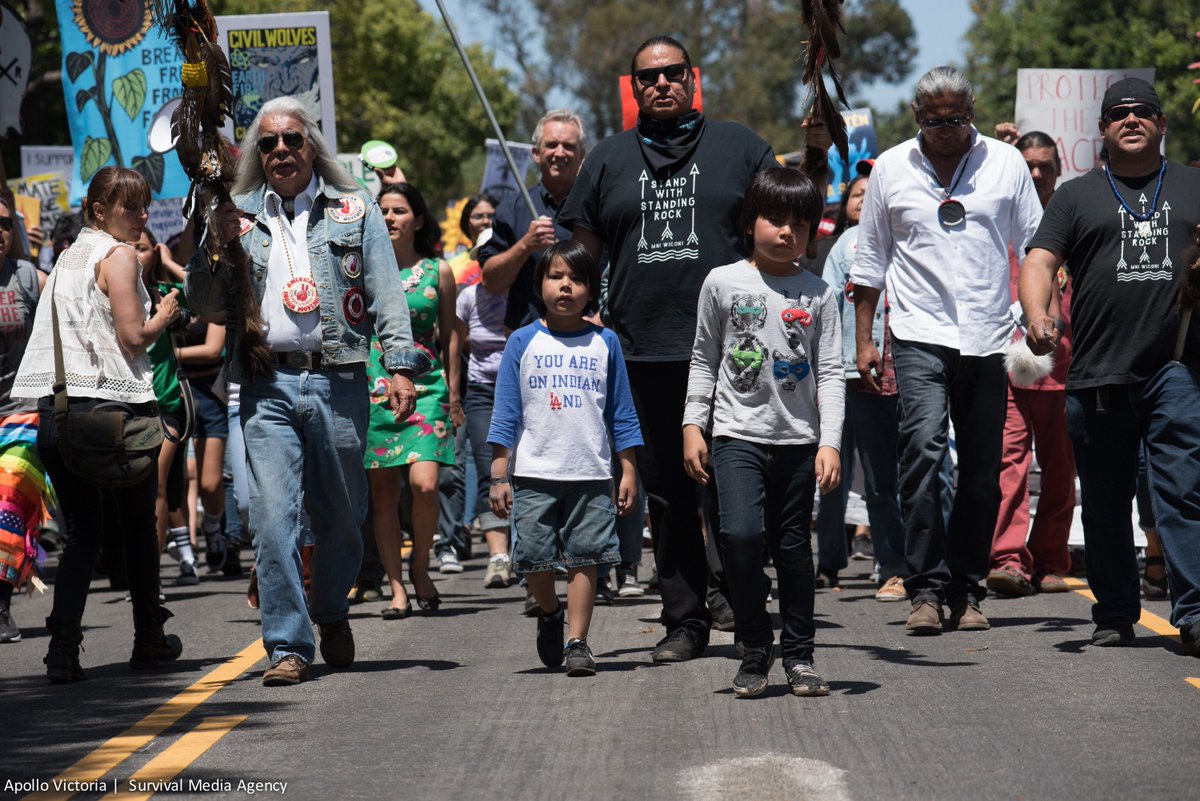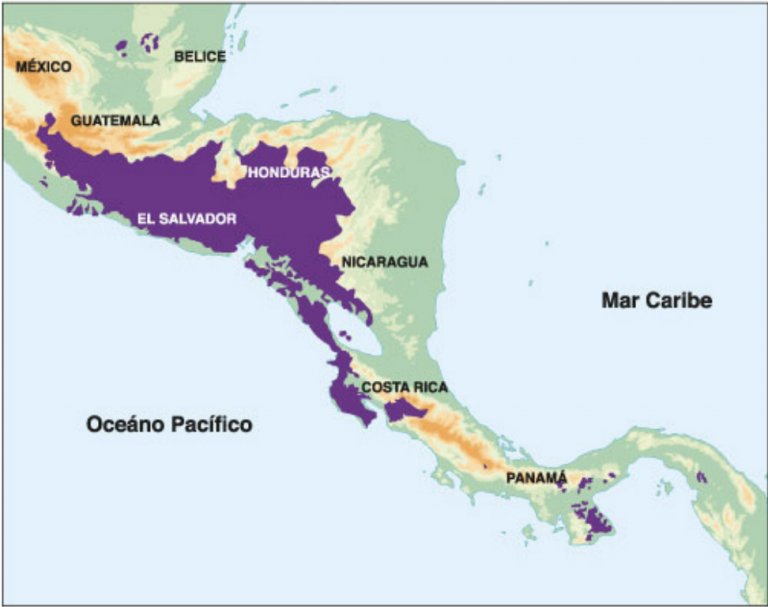
The International Energy Agency’s annual World Energy Outlook 2021 (WEO2021) report is out today. Kudos to IEA for making it available free of charge this year (We hope they also do this for their energy data as well). Read on for some key takeaways! 👇#WEO2021
IEA’s report states that current “pledges cover less than 20% of the gap in emissions reductions that need to be closed by 2030 to keep a 1.5 °C path within reach.” #WEO2021
It also states that the global average temperature rise in 2100 is held to around 2.1 °C above pre-industrial levels with no stabilization by 2100 under current pledges 🌡️ - though this is with some dubious policy choices such as overdependence on technologies like CCS. #WEO2021
#WEO2021 is an important annual publication. Every year, trillions of dollars of investment is influenced by the WEO. For the first time ever, IEA used a 1.5°C scenario as the benchmark. This is good, as governments try to backpedal from the 1.5°C goal. politico.eu/article/climat…
It's befuddling that governments are stalling or skimping on ambition. Energy transition is unavoidable & delays for the benefit of an archaic energy infrastructure system only increase costs. Like our civilization changing tracks, it must happen or there will be a huge crash.
As IEA states, "In most markets, solar PV or wind now represents the cheapest available source of new electricity generation." Obviously, this transition is not going to be cheap. And there is no guarantee that it will be just either - this is up to all of us. #EndFossilFinance
"Getting the world on track for 1.5°C requires a surge in annual investment in clean energy projects & infrastructure to nearly USD 4 trillion by 2030." The challenge is big, but what if we told you the resources to meet these costs & more are already available? #EndFossilFinance
According to the IMF "the production & burning of coal, oil & gas was subsidised by $5.9tn in 2020". $5.9tn in the last year alone. Almost ❗S I X T R I L L I O N ❗D O L L A R S❗ a year to the fossil fuel industry. So, yes. We have the resources. theguardian.com/environment/20…
What can be more unjust than spending $5.9th on #fossilfuels, especially when the money is not going to those who need it? #WEO2021 states: "The number of people without access to electricity is set to rise by 2% in 2021, with almost all of the increase in sub-Saharan Africa." 📈
In fact, if we transformed our energy infrastructure we would not only increase our energy access, we would also be more resilient towards the sort of price shocks inherent in the current fossil fuel dependent system. #EndFossilFinance #WEO2021
#WEO2021 states that less reliance on oil & gas, increased energy efficiency & electrification would make a similar commodity price shock in 2030 30% less costly to households under IEA's 1.5°C scenario. #EndFossilFinance
According to the #WEO2021, global clean energy investments would need to be more than tripled by 2030. As we said above, this is not a resource availability question. This is a resource mobilization and cooperation problem!
So, what should governments do?
-Pay your fair share: increase & fulfil your climate finance pledges.
-Stop funding fossil fuels: end all support to the coal, oil & gas industry, everywhere in the world...
-Pay your fair share: increase & fulfil your climate finance pledges.
-Stop funding fossil fuels: end all support to the coal, oil & gas industry, everywhere in the world...
And finally:
- Finance a just transition: leave no country or worker behind to suffer, by investing your money into proven solutions & clean renewable energy for everyone.
#WEO2021 #EndFossilFinance
>> 350.org/cop26/
- Finance a just transition: leave no country or worker behind to suffer, by investing your money into proven solutions & clean renewable energy for everyone.
#WEO2021 #EndFossilFinance
>> 350.org/cop26/
• • •
Missing some Tweet in this thread? You can try to
force a refresh





